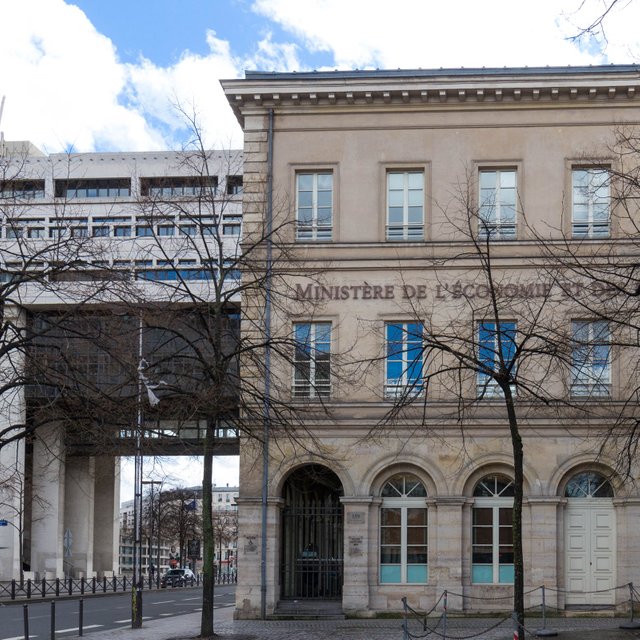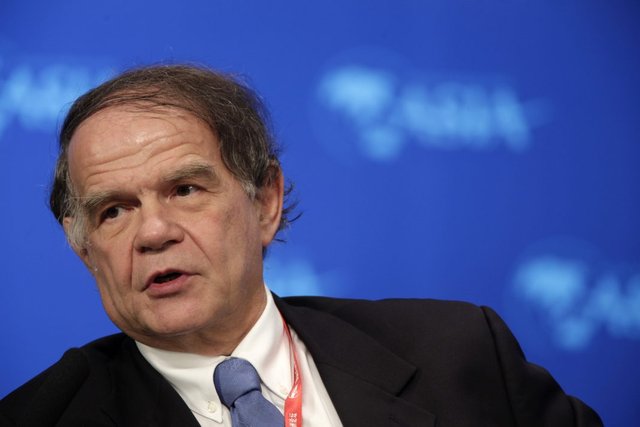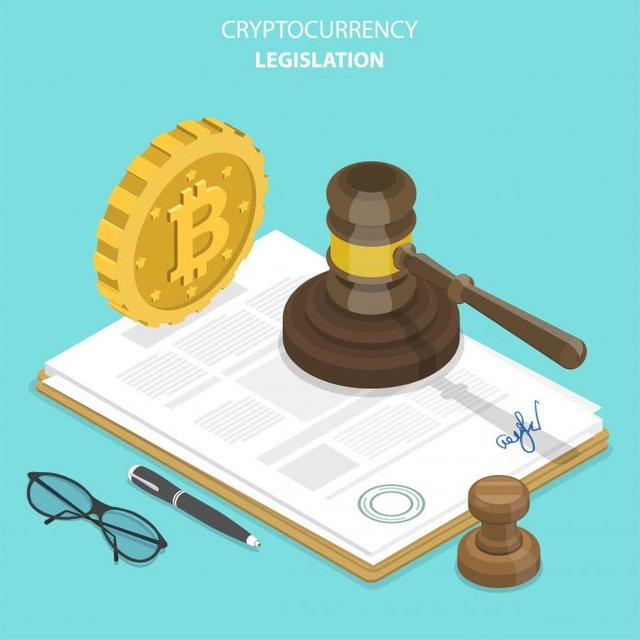Government Investigator Says “Darwinian” Selection Led to Dominant Cryptocurrencies

The Deputy Governor of the Bank of France, Jean-Pierre Landau, also named “Mister Bitcoin” by the French government, submitted a report to Bruno Lemaire, the French Minister of Finance and Economy. The report said cryptocurrencies are in a phase of technological and economic experiment. Their future is still uncertain, however, there are few possible scenarios. One would be “a total collapse and extinction, or marginalization of all existing currencies,” which is very likely, he wrote, or “a ‘darwinian’ natural selection would see one or two dominant currencies emerge.”
"Regulating Crypto Would Freeze an Evolving Technology”
Another possible scenario would be the birth of new actors from the digital world, social networks, or from e-commerce, who would develop their own payment systems or their own internal currencies. “In this particular phase, three principles should guide the public policies: (1) not to directly regulate the cryptocurrencies; (2) create a favorable environment for the development of the technology; (3) instead, carefully circumscribe the risks, which imposes to strictly limit exposure of the cryptocurrencies to the financial sector.

In January 2018, Jean-Pierre Landau was assigned on a mission by the French Minister of Economy and Finance to investigate and propose some orientations on the evolution of cryptocurrencies’ regulations. One of the main targets for this mission was also to fight against utilization of cryptocurrencies such as Bitcoin for tax evasion, money laundering or funding of criminal and terrorists’ activities.
The Frenchman says too many regulations imposed on cryptocurrencies could bring innovators to avoid regulations and freezing a technology in evolution into legislation.
Recommendation to the French Government
In his report, submitted to the French government on July 5th, Landau described the ambition of cryptocurrency as “beautiful, however hard to satisfy.” Nine years after Bitcoin was launched, cryptocurrency payments are still not mainstream, he argued. “Bitcoin payments represent only 0.2 percent transaction volume in the Eurozone,” the report said. “The profound cause of this inefficiency resides in the decentralized management of the [crypto] money. The said [decentralized management] of cryptocurrencies imposes a very heavy, long and costly validation procedure – often deliberately costly, like it is the case with Bitcoin. The handicap is lasting, perhaps permanent: it is impossible for a monetary system to conciliate the three requirements of security, decentralization, and efficiency,” Landau wrote.
The Bank of France OB also criticized the open source nature of cryptocurrencies’ governance, which he described as “very badly adapted” to the requirements of a stable currency, on the long-term as fundamental decisions are taken informally by the developers’ community.
“Regulating Crypto is Unnecessary and Unwanted”

It is both unwanted and unnecessary to directly regulate cryptocurrencies, Landau wrote. “A direct regulation is unwanted because it would force to define, classify and therefore to rigidify objects that are essentially evolving and still unidentified”. Landau also identified three main dangers in regulating cryptocurrencies. The first danger would be to congeal in text an evolving technology. The second would be the risk of misunderstanding the true nature of the object to be regulated, then orienting innovation towards regulatory evasion. “On the contrary, regulation must be technologically neutral, thus should be addressed to the actors, not to the product itself,” the report said.
Jean-Pierre Landau is known for being a crypto skeptic. In 2014, he warned the public against the folly of cryptocurrencies in a column published by the Financial Times under the headline “Beware the mania for Bitcoin, the tulip of the 21st century,” in reference to the 16th century’s infatuation for tulip trading, in the former Netherlands.
What do you think about Jean-Pierre Landau’s findings submitted to the French Finance Ministry? Let us know your thoughts on this subject in the comment section below.